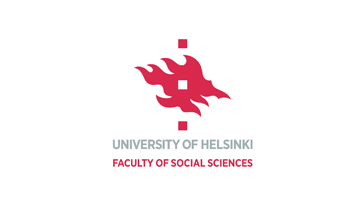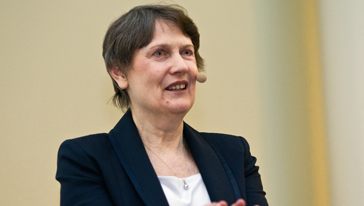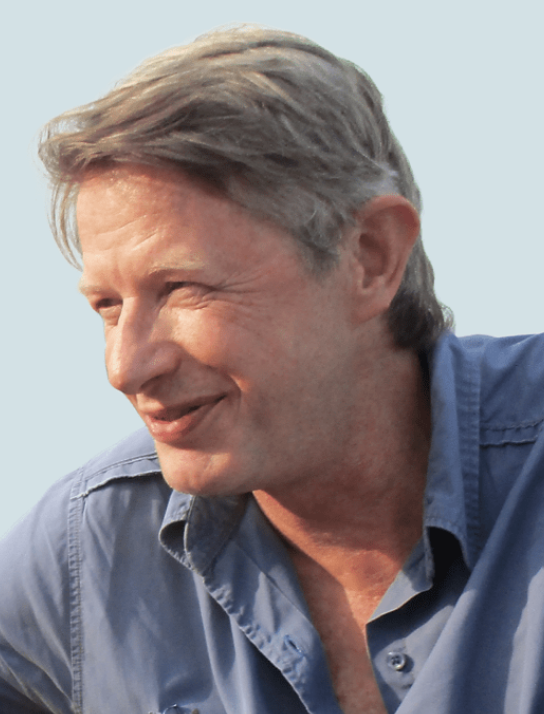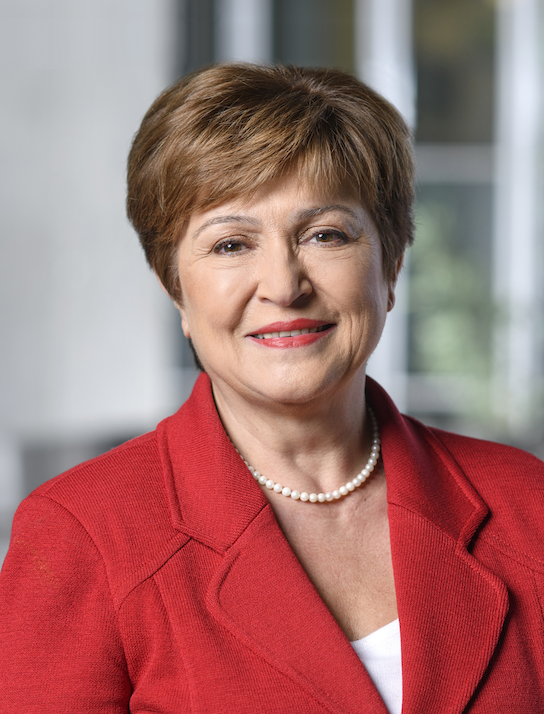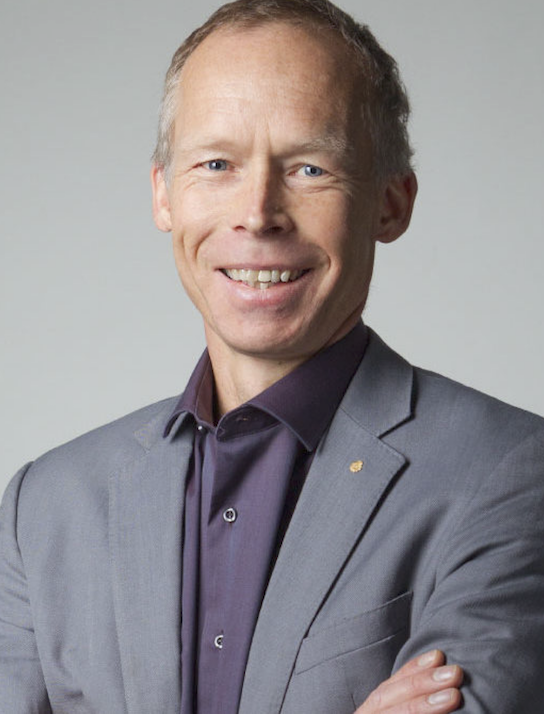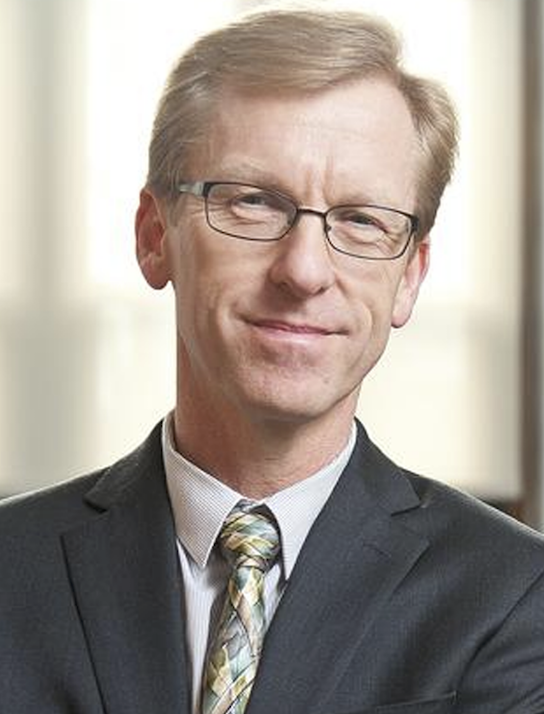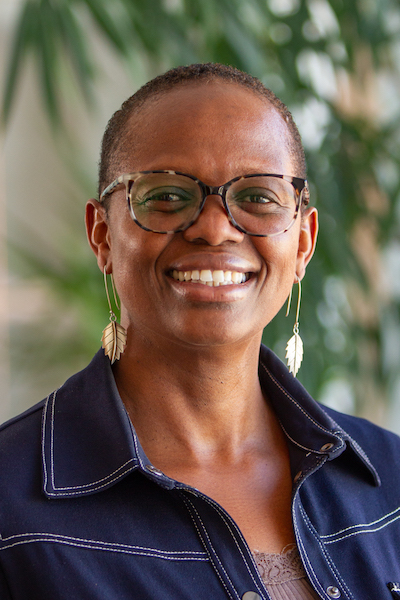Helen Clark’s keynote speech discussed sustainable development with the aim of going from shared principles to practice. It included the threefold development agenda which addresses social, economic and environmental concerns. Clark referred to the post-2015 development framework and environment, the SDGs and the role of governance and political leadership in sustainable development, the different measures of development (e.g. GDP versus HDI), and the prospects of the Rio +20 conference. The cause to be advanced at the Rio+20 UN Conference on Sustainable Development is to figure out how to accelerate human progress while sustaining the planet’s ecosystems. Sustainability should not be treated merely as an environmental issue.
Clark called for Rio+20 to be practical, to connect aspirations for a sustainable world with what is needed to realize them. Before discussing what could be accomplished in Rio, Clark discussed the evolution of the concept sustainable development from the 1970s to the current era. Despite the progress made in this field over the decades, Clark identified the inconvenient truth to be that ending poverty remains a vast and unfinished agenda, and that inequality is further increasing.
There is an urgent need to put shared principles into practice as risks caused by unsustainability have increased and for example extreme weather phenomena have been a cause for major humanitarian crises in the past years. Poverty can reinforce cycles of environmental destruction also. In a world where inequality expands, population rises and environmental degradation accelerates, and old economic models falter, sustainable development should be seen as an opportunity to address urgent global challenges.
Clark also discussed UNDP’s triple win policies and programming, which are advancing economic, social and environmental objectives simultaneously.
